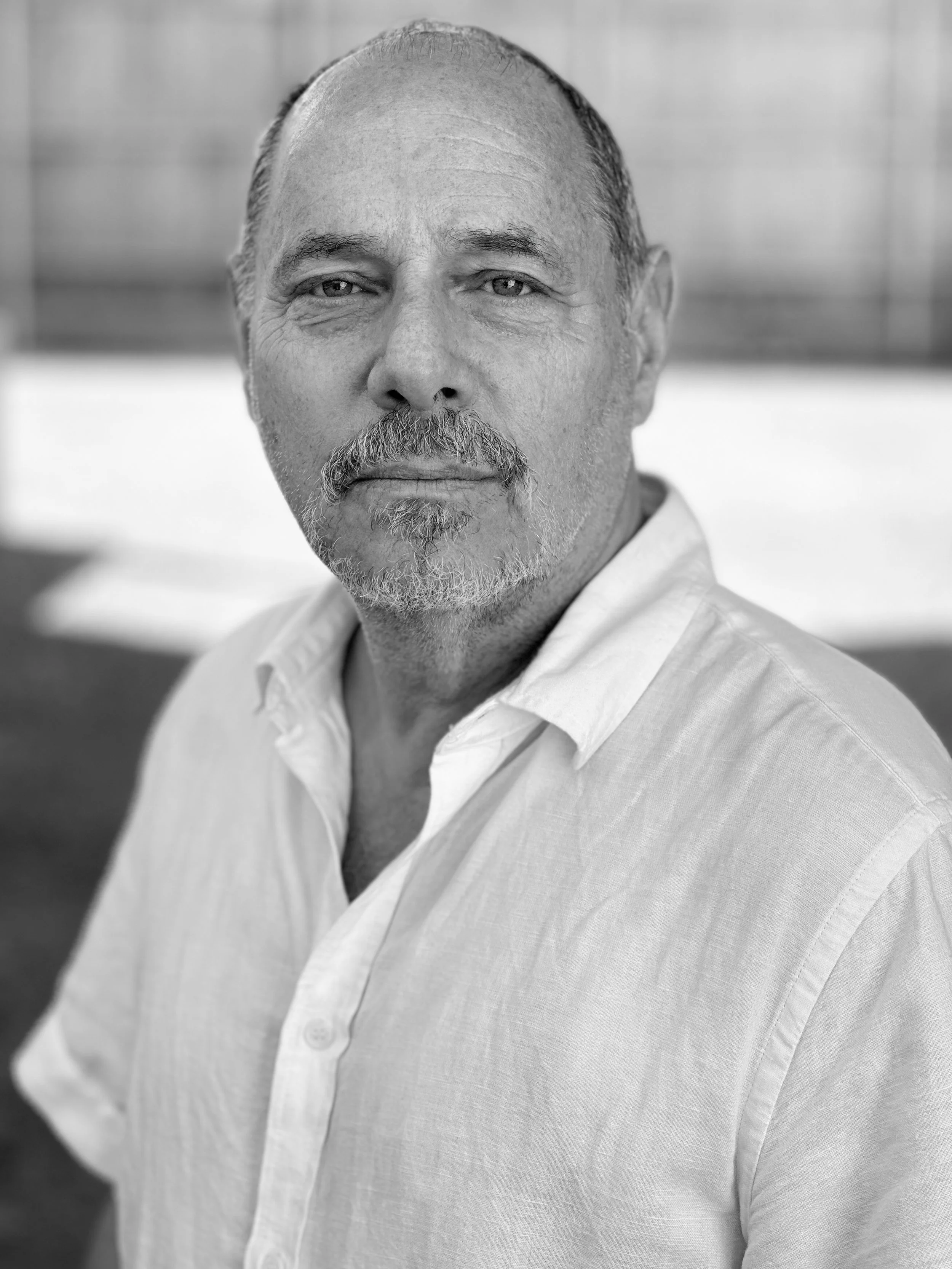Bruce Springsteen's reputation stands as the voice of white working-class America, the heroic poet-everyman of the rustbelt's white ethnic working class and its intelligentsia. Most scholars place him in the social realist musical tradition of Woody Guthrie and Bob Dylan that harkens back to the fetishization of male workers that informs the Whitmanesque. Yet for nearly a decade (1973-1982), Springsteen was best known as a dynamic live performer, a rock and roll showman who appropriated many of James Brown's performative gestures for marathon four-hour shows that were, in effect, his translation of Brown's stagecraft, the energy and dramatic gestures of the self-proclaimed "hardest-working man in show business." In 1974, Springsteen's E Street band owed far more to the model of an integrated soul-funk band like War or Sly and the Family Stone than to the Rolling Stones: it had two African-American members -- jazz pianist David Sancious along with saxophonist Clarence Clemons -- and the half-Hispanic drummer, Vini "Mad Dog" Lopez (who was initially replaced by Ernest "Boom" Carter, a Black jazz drummer.) The title cut of Springsteen's second album, "The E Street Shuffle" (1974), was a soul-funk tune he riffed off of a Curtis Mayfield-penned r&b hit for Major Lance called "Monkey Time" (1963), while in his spare time Springsteen wrote and produced soul-tinged songs for the other successful white Asbury Park rhythm-and-blues band, Southside Johnny and the Asbury Jukes.
Here I want to provide a theory of soul music as performance ritual rather than vocal style and to analyze Springsteen's adaptation of this ritual for communicating his core thematic messages. In contrast to Joe Cocker, Eric Burdon, Dusty Springfield, or even Van Morrison, Springsteen never appropriated soul's vocal style, nor did he imitate African-American dance moves on stage (as Mick Jagger did). Rather, he appropriated soul's gospel-derived theatricality and its musical philosophy of community. If at first he mined this tradition to produce high-energy concert communion, in the past decade he now self-consciously preaches the implied messages of soul's secularized communion. Springsteen's current concert rhetoric represents a shift away from his youthful reproduction of the individualistic American dream of material wealth (e.g., in "Rosalita" or "Thunder Road") to envisioning a collective American dream of self-actualization within a supportive community. This American dream of a rejuvenated democracy reclaimed by fighting for social justice was one Springsteen channeled from soul music, the soul ritual, and the soul tradition.
If we frame Springsteen not through the content of his songs but through his philosophy of live performance -- his investment in moving audiences towards existential affirmation and social justice -- then he is a Euro-American avatar of the African-American soul tradition.
Link to full PDF of article. (from American Music, 2007 -- opens in new window)

